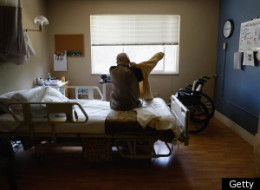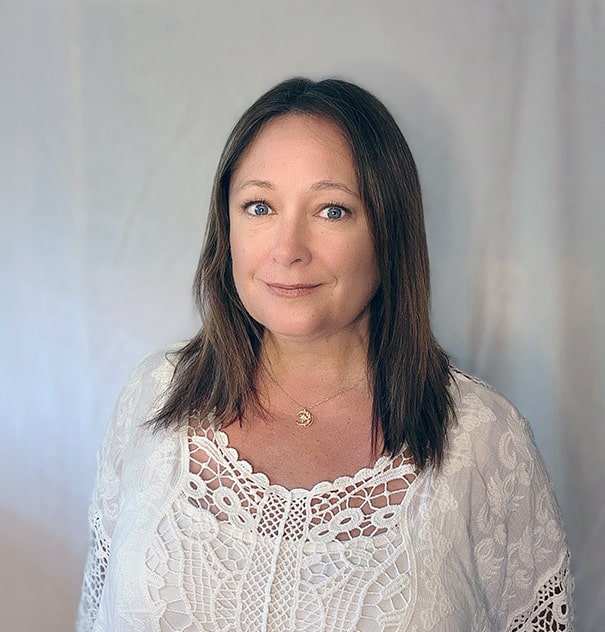Read the Original Article at HuffingtonPost
Heather’s Response:
Dr. Doka: Thank you for this wonderful article and the three points to address. I have been using Shneidman’s insight (“no one has to die in a state of psycho-analytic grace”) with my own family and clients since Dr. Martin exposed me to it in a seminar at Hood College.
Your excellent point: “It is important to listen to the dying person’s needs and not impose one’s own fears, beliefs, or biases.” Yes! This is a good practice of mindful engagement no matter where one is in their presumed life span. Permission to live life on your own terms is a radical gift, one few of us even offer to ourselves.
The hard part, however, is that many people are not aware of the depth of their own fears, beliefs and biases, and in my experience stress only seems to aggravate prejudices. I strongly encourage those of us who are interested in being supportive in a non-directive manner to really engage in self-study. Get to know yourself better so that when your own “stuff” comes up you will be able to hold open, loving space for those who are dying, placing your own needs to the side and showing boundless compassion.
Heather Whittington, MA
http://www.mindfulgrief.com


